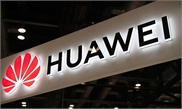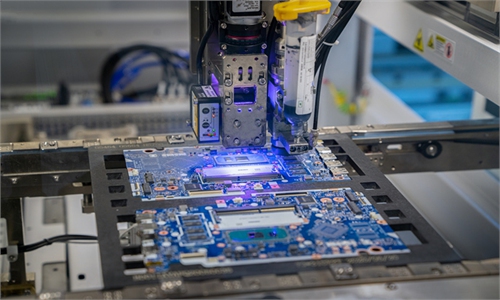Lowering our footprint: The SAVE programme was expected to benefit 250,000 households on a first-come, first-served basis.
PETALING JAYA: A RM50mil allocation for a government incentive programme to reward Malaysians who opt for energy-saving air conditioners and refrigerators has been fully snapped up, months ahead of its December deadline.
Due to overwhelming response, the SAVE 4.0 incentive programme may be extended, according to a source familiar with the initiative.
The source told The Star that the Sustainable Energy Development Authority Malaysia (Seda) is seeking more allocations from the government.
“It is highly likely that the programme will be continued and extended to SAVE 5.0. The announcement will likely be soon,” said the source.
The source also confirmed that the current RM50mil allocated for SAVE 4.0 has been fully redeemed around the country.
“The response had been overwhelming, so there are plans to extend it to benefit more Malaysians.
“We know that the fridge and air conditioning units are necessities in most Malaysian households, and they make up a big chunk of our electricity usage.
“The SAVE programme is here to increase awareness and promote the use of energy-efficient appliances,” the source added.
SAVE 4.0 incentivises the purchase of energy-efficient appliances, offering rebates of RM200 each for four- or five-star rated refrigerators and air conditioners at more than 1,800 registered stores nationwide or selected ecommerce platforms.
The programme was expected to benefit 250,000 households on a first-come, first-served basis.
On claims that some retailers or consumers can manipulate the SAVE rebate, the source denied this, saying every application must be supported with the applicant’s MyKad and an electricity account under the same name.
“I don’t think retailers can limit people’s purchases and keep the quota for their friends or family.
“There are more than 1,800 retailers registered with Seda and the eligibility criteria and application process are very straightforward.
“One electricity account can only apply for one rebate for a fridge and an air conditioner because the rebate is tagged to that account.
“That is the control mechanism in place,” the source said.
According to Seda, the SAVE programme was first introduced in 2011 to encourage people to buy electrical goods with four- and five-star energy-efficiency ratings which, among others, work to save energy and maintain environmental sustainability in the long term.
SAVE 3.0 received overwhelming support with 186,034 redeemed rebates, amounting to savings of up to RM35.778mil.
On July 1, Seda chief executive officer Datuk Hamzah Husin said SAVE 4.0, which is set to run for a year until this December, saw about 240,000 households enjoying the rebates nationwide.
The amount involved RM48mil out of the total RM50mil, he said.
He also called on Malaysians to play a role in realising the nation’s target of becoming a net-zero carbon emission country by 2050 and to increase the capacity of renewable energy in the electricity supply system from 25% to 70%.







